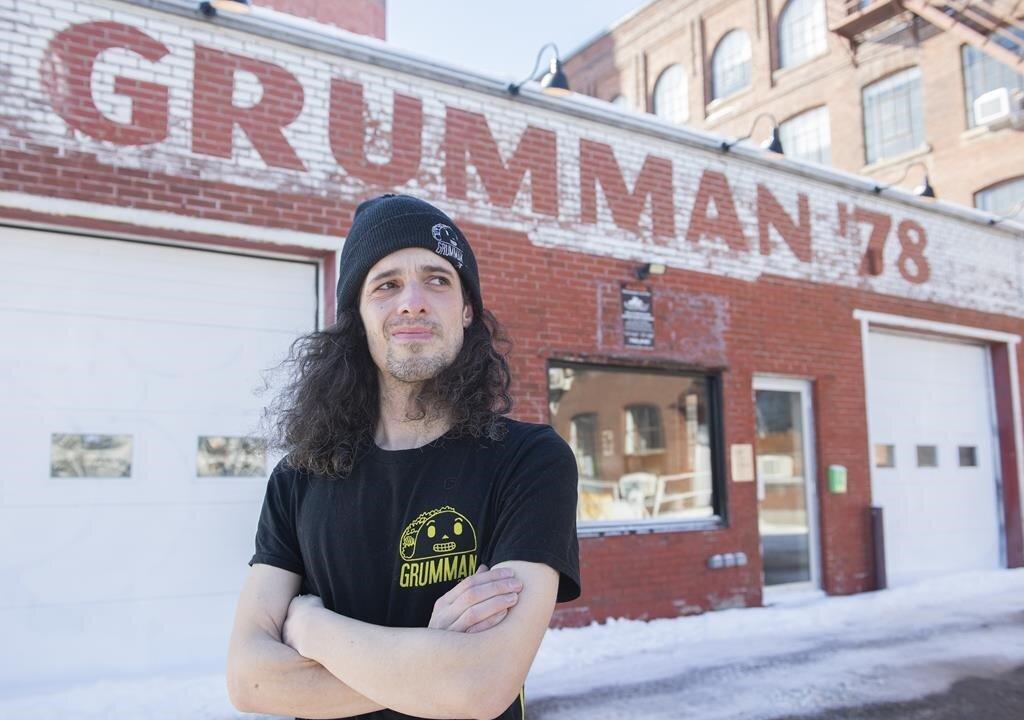MONTREAL—Restaurants in Quebec will be allowed to reopen Monday for the first time in more than a month, but some former workers say they won’t be looking for new jobs in the industry.
Milovan Danielou said he decided to start looking for a new job during the province’s second closure of restaurant dining rooms in the fall of 2020, when his then-employer, taco restaurant Grumman ‘78, closed its main location permanently.





